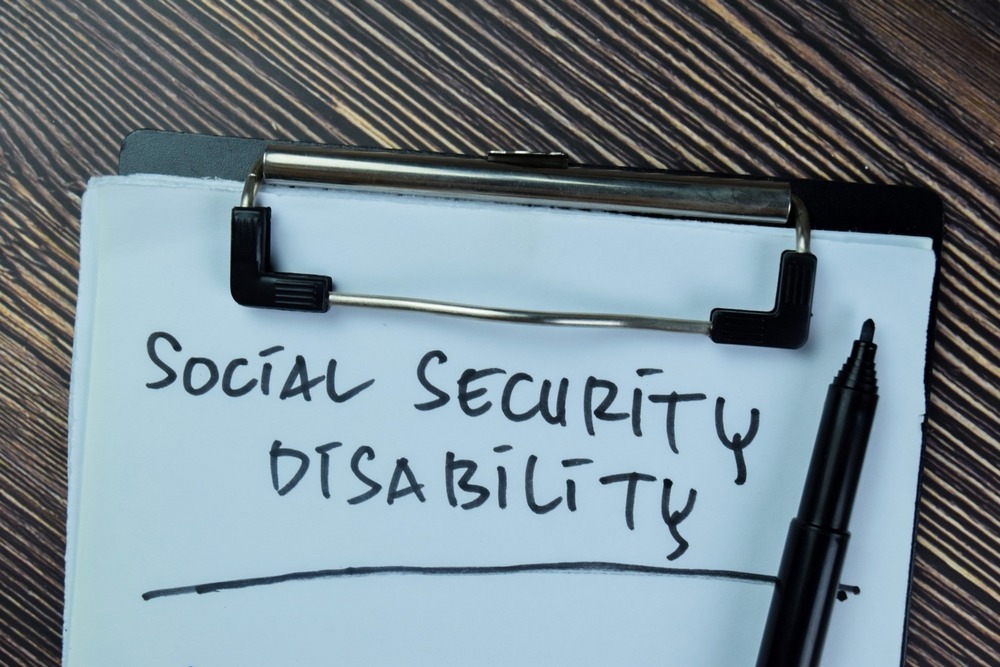How to Get Free Mental Health Counseling Near You accessing professional support shouldn’t be a luxury. In today’s world, many organizations, clinics, and community programs offer free mental health counseling, ensuring that financial barriers don’t stand between you and well-being. Whether you need crisis intervention, ongoing therapy, or peer-led support, this comprehensive guide equips you with practical strategies, insider tips, and uncommon terminology to navigate local and digital resources. Short sentence. Long sentence laden with uncommon terminology: think of this as your personal cartography of compassionate care networks—each pathway meticulously charted to help you locate, engage with, and benefit from gratis therapeutic alliances in your region.

1. Understanding the Landscape of Free Counseling
Before diving into specific resources, it’s vital to grasp why free mental health counseling exists:
- Public Health Mandates: Government agencies recognize mental health as an integral component of community health, funding clinics and programs accordingly.
- Nonprofit Initiatives: Foundations and charities fill gaps, offering sliding-scale or fully subsidized therapy to underserved populations.
- Educational Institutions: Universities and training institutes run clinics where advanced-degree students—supervised by licensed professionals—provide counseling at no cost.
- Peer-Led Models: Support groups and peer counseling harness lived expertise to foster resilience outside formal clinical frameworks.
2. Public Clinics and Community Health Centers
Federally Qualified Health Centers (FQHCs)
FQHCs deliver comprehensive primary and behavioral health care to underserved areas. They employ licensed therapists, social workers, and psychiatric nurse practitioners.
- How to Find Them: Search the Health Resources & Services Administration (HRSA) “Find a Health Center” tool online.
- Services Offered: Individual therapy, group counseling, medication management, case management.
- Intake Process: Typically same-day or within a week; bring ID and proof of income if required.
County and City Mental Health Departments
Many municipalities operate behavioral health clinics at no cost to residents, subsidized by local tax revenues.
- Locating Services: Check your county’s official website under Health & Human Services.
- Specialties: Crisis stabilization, substance use counseling, child and adolescent services.
- Referral Requirements: Some require intake assessments by phone; others accept walk-ins.
3. Nonprofit Organizations and Charitable Foundations
National Alliance on Mental Illness (NAMI)
NAMI affiliates nationwide offer free peer-led support groups, family education, and helplines.
- Key Offerings:
- NAMI Connection Recovery Support Groups
- Family-to-Family Education Program
- NAMI Helpline (information and referral)
- NAMI Connection Recovery Support Groups
- Finding Your Local Chapter: Visit NAMI.org and enter your ZIP code.
Mental Health America (MHA)
MHA provides online screening tools and connects users to local free counseling via community partners.
- Free Screenings: PHQ-9, GAD-7, PTSD, and more—valuable precursors to in-person counseling.
- Local Affiliate Network: Many affiliates operate drop-in clinics or partner with community centers.
The Jed Foundation and Other Youth-Focused NGOs
Organizations focused on college and high-school mental health often run campus-based clinics.
- Campus Counseling Centers: Nearly all colleges offer multiple free sessions to enrolled students.
- Off-Campus Partnerships: Campus programs often refer students to community-based nonprofits with free services.
4. University Training Clinics
Psychology, Social Work, and Counseling Departments
Graduate programs require clinical hours; their campus clinics provide therapy under faculty supervision.
- Affordability: Usually free or nominal fee (e.g., $5–$20 per session).
- Modalities Offered: Individual, couple, family, group therapy; specialized populations.
- Quality Assurance: Licensed supervisors oversee every case.
Locating Training Clinics
- University Websites: Look under departments of Psychology, Social Work, Counseling, or Family Studies.
- State Licensing Boards: Often list approved training programs with client services.
5. Telehealth and Virtual Options
Government-Sponsored Telecounseling
Some state health departments provide telehealth counseling lines at no charge.
- Access Methods: Toll-free numbers, web portals, or mobile apps.
- Best For: Rural residents, mobility-limited individuals, or anyone needing discreet support.
Nonprofit Digital Platforms
Platforms like 7 Cups and IMAlive connect users to volunteer listeners and low-barrier teletherapy.
- 7 Cups: Offers free peer support via text chat; option to upgrade for professional therapy at reduced cost.
- IMAlive: Crisis texts with trained volunteers available 24/7.
6. Workplace and School-Based Counseling
Employee Assistance Programs (EAPs)
Many employers contract EAP providers offering free, short-term counseling to employees and immediate family.
- Typical Offerings: 3–8 free sessions per incident, referrals for ongoing care.
- Confidentiality: EAP services are separate from HR, maintaining privacy.
School and University Counseling Services
From elementary schools to grad programs, educational institutions often offer free mental health services.
- K–12 Schools: School counselors and psychologists provide support; some districts bring in licensed interns.
- Higher Education: Unlimited or subsidized sessions; group workshops and crisis services.
7. Faith-Based and Community Support
Faith Communities
Many churches, mosques, synagogues, and temples host counseling programs led by licensed or lay counselors.
- Denominational Affiliates: Organizations like Catholic Charities or Jewish Family Services provide secular and faith-informed counseling.
- Sliding Scale: Often entirely free or based on ability to pay.
Community Centers and YMCAs
Local community hubs sometimes contract mental health professionals to offer weekly free clinics.
- Typical Model: Drop-in hours for brief counseling or referrals to longer-term services.
8. Specialty Programs for Unique Populations
Veterans Affairs (VA) Services
Veterans and their families qualify for comprehensive free mental health counseling through the VA system.
- Eligibility: All discharged veterans; family members via CHAMPVA or FSHCP.
- Services: PTSD treatment, substance use counseling, family therapy, telehealth.
LGBTQ+ Centers
LGBTQ+ community centers often provide free or low-cost affirming counseling.
- Major Cities: Look for local LGBTQ+ resource centers; many run mental health clinics.
- Special Programs: Trans-affirming care, HIV-related mental health support.
Disaster and Trauma Relief Programs
After natural disasters or mass traumas, FEMA, Red Cross, and local agencies set up free counseling hotlines and pop-up clinics.
- Access: Often immediate post-disaster, but some programs have longer-term outreach.
9. How to Navigate Intake and Eligibility
- Prepare Your Information: Have ID, proof of residency, and income documentation if required.
- Initial Assessment: Expect a brief phone or in-person screening to match you with appropriate services.
- Waiting Lists: Some programs have brief wait times; ask about drop-in or crisis walk-in options.
- Follow-Up: Keep appointments and communicate scheduling challenges promptly to maintain your spot.
10. Maximizing Your Counseling Experience
- Set Clear Goals: Identify 2–3 objectives—coping skills, mood stabilization, trauma processing—to guide therapy.
- Engage Actively: Complete homework, practice skills between sessions, and track progress in a journal.
- Leverage Multiple Resources: Combine formal counseling with peer support groups, self-help apps, and mindfulness practices.
- Provide Feedback: If something isn’t working, discuss adjustments—therapeutic style, session frequency, modality.
Securing free mental health counseling near you is not just possible—it’s increasingly accessible through public clinics, nonprofits, academic training centers, telehealth platforms, and community hubs. By understanding the ecosystem of available services, preparing effectively for intake, and engaging proactively in therapy, you can build a robust support network without financial strain. Short sentence. Long sentence charged with uncommon terminology: consider this guide your operational compendium—a navigational schema illuminating the myriad conduits to gratis therapeutic alliances, each pathway meticulously optimized to usher you toward sustained emotional equilibrium and flourishing. Start exploring these avenues today, and take confident strides on your journey to mental well-being.













